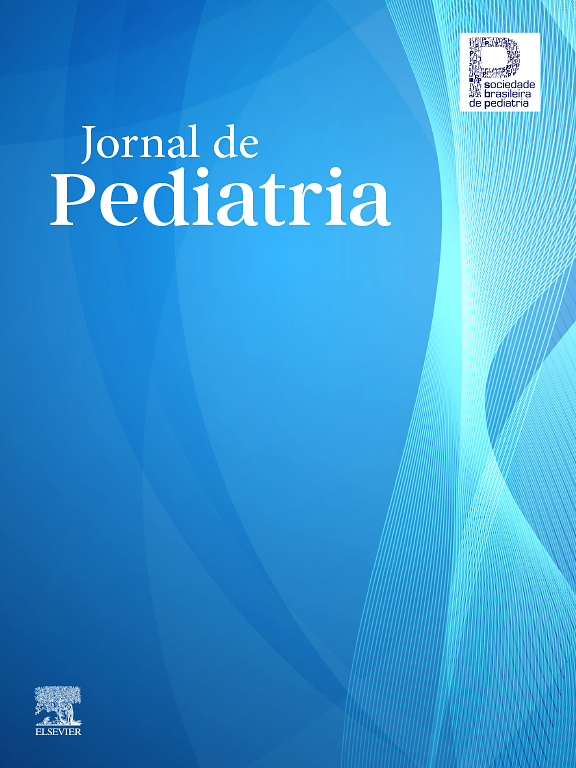
To describe and discuss evidence-based articles on the neurobiology of obsessive-compulsive disorder and Tourette syndrome.
Sources of dataA review of the most relevant papers on the phenomenology, neuroanatomy, neuroimaging, genetic and immunological aspects of these two disorders was performed.
Summary of the findingsRitualistic behaviors and repetitive thoughts have been extensively studied in the last years. The definitions of obsessive-compulsive disorder and Tourette syndrome emphasize the existence of a continuum of symptoms, with high prevalence in the general population. Neurobiological findings have implicated genetic and immunological factors in the etiology of these two disorders.
ConclusionAdvances in neuroscience triggered genetic and immunological research studies, allowing new perspectives on the treatment of obsessive-compulsive disorder and Tourette syndrome patients.
Revisar as teorias e evidências das bases neurobiológicas do transtorno obsessivo-compulsivo e da síndrome de Tourette.
Fontes dos dadosRevisão dos estudos que investigam a neuroanatomia, neuroimagem, genética e imunologia desses transtornos.
Síntese dos dadosOs comportamentos ritualísticos e pensamentos repetitivos têm sido cada vez mais estudados em nosso meio. As definições dessas entidades formam um continuum espectral de sintomas com prevalência significativa na população.
ConclusõesOs avanços das neurociências possibilitaram a exploração dos aspectos genéticos do sistema nervoso central e seu funcionamento, fornecendo novas perspectivas para o tratamento de pacientes com transtorno obsessivo-compulsivo e síndrome de Tourette.








